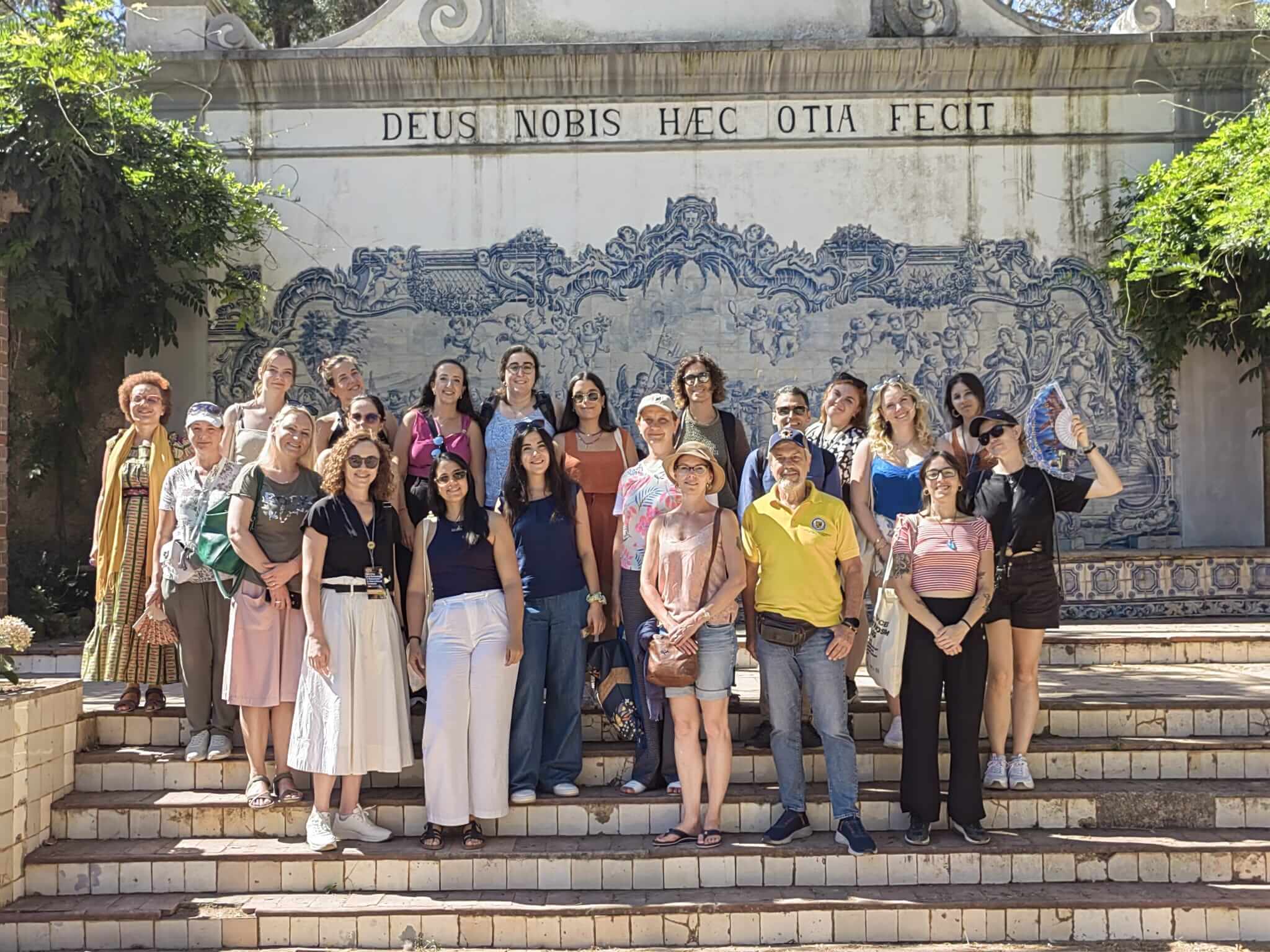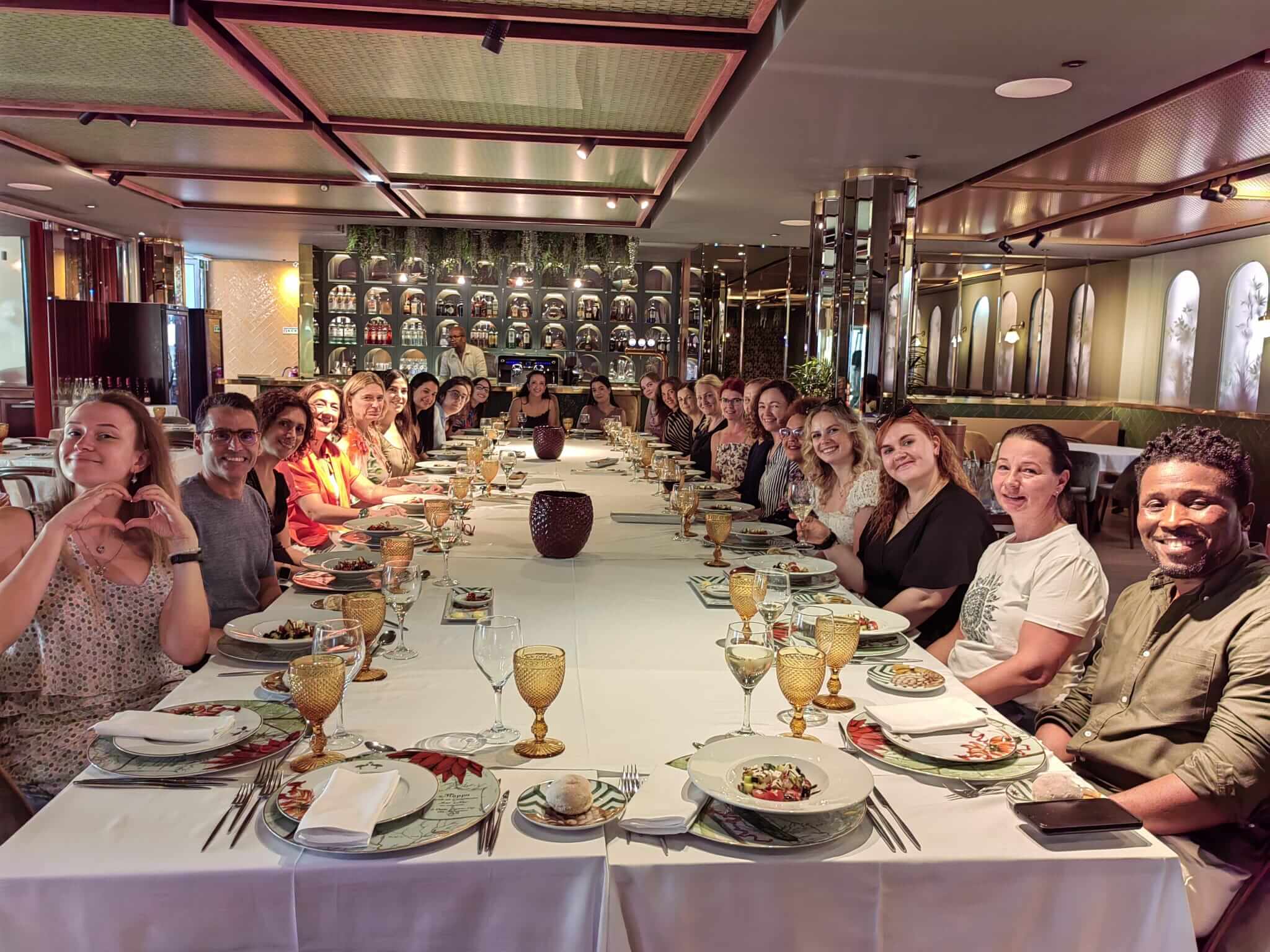News
International Summer School brought together participants from multiple nationalities to explore learning and research in intercultural contexts
14 to 18 July 2025
From July 14 to 18, 2025, Universidade Lusófona hosted the in-person component of the Summer School “Learning and Becoming a Researcher in Intercultural Contexts”, part of the Erasmus+ BIP programme (ID: 2023-1-PT01-KA131-HED-000116521-1). The initiative gathered master's and doctoral students, as well as researchers from several European institutions, for an intensive week of learning, sharing, and reflection on the journey of becoming a researcher in culturally diverse contexts.
This innovative course aimed to provide a concrete and immersive experience, based on a culturalist approach to learning, in which culture is seen as a fundamental framework for thought and knowledge construction (Bruner, 1990; Illeris, 2008). For five days, Lisbon became the privileged setting for this intercultural experience, where academic knowledge was interwoven with collaborative practices and cultural activities.
The programme included practical workshops, thematic panels, and moments of discussion, with special highlights such as participation in the 6th WCCES Symposium 2025, and the international panel on learning in intercultural contexts, which featured contributions from students and researchers from Portugal, Spain, Estonia, and Austria. The cultural visit to Sintra and Cascais, along with social moments, helped strengthen the bonds among participants.
Topics addressed included arts-based research, multimodal literacy in multicultural contexts, and visual methodologies such as Photovoice and Linguistic Landscape. The course culminated in a fishbowl session focused on the challenges of equity, diversity, and inclusion in research.
This BIP is the result of a partnership between Universidade Lusófona (Portugal), Tallinn University (Estonia), and University of Seville (Spain), and aims to contribute to the development of intercultural competence as an essential dimension in the training of future researchers and educators.
The online component of the course took place between June 2 and 16, 2025, preparing participants for the in-person sessions. The main challenge proposed to students was the development of a critical essay on the challenges and opportunities of conducting research in intercultural contexts, promoting theoretical reflection combined with collaborative practice.
The scientific coordination was led by Lucimar Dantas, with the support of Carla Galego and João Filipe Matos, and included the collaboration of CeiED researchers Sónia Cardoso, Cristina Sin, and early-stage researchers Susana Oliveira, Felisberto Costa, among others.
The Summer School was a space of encounter, dialogue, and learning, reinforcing the importance of interculturality in the production of knowledge and in the strengthening of more inclusive and diversity-sensitive academic communities.




